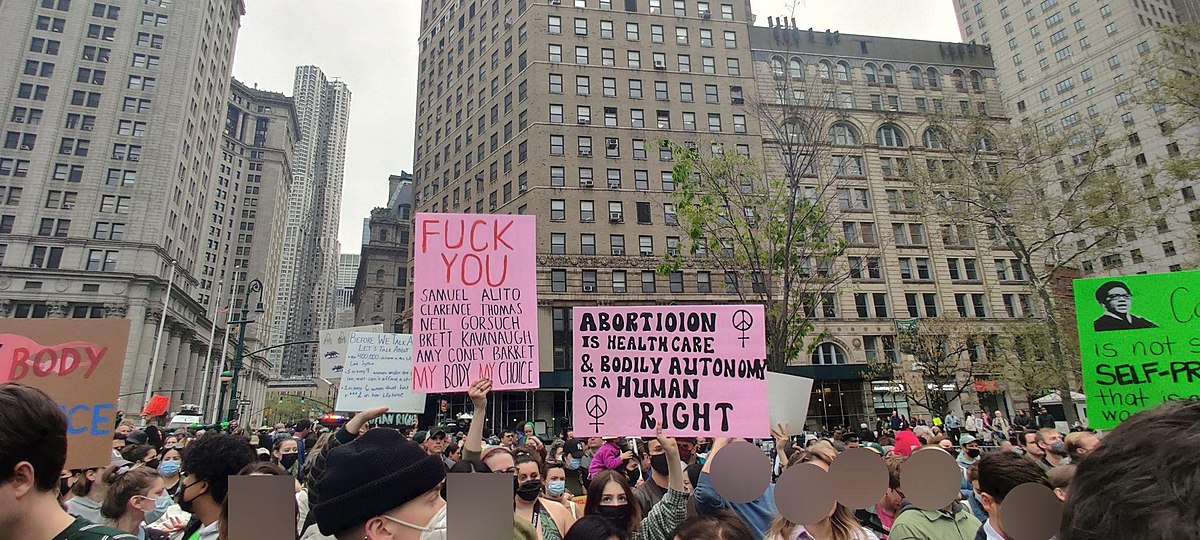After the shocking result of conservative Kansas’ abortion-related amendment referendum, the political sphere is shifting its focus to the four other states with abortion-related measures on their primary ballots.
Following the Supreme Court’s decision in June to overturn Roe v. Wade, a nearly 50-year precedent that recognized abortion as a constitutional right, abortion-related ballot measures began to appear across the nation.
At least a dozen states responded by certifying trigger laws, which are abortion prohibitions and limitations that were already on the books, intended to go into effect right away or soon after Roe was overturned.
In the wake of the high court’s ruling, Kansas was seen as a barometer of how average Americans might feel about the decision. Despite being a historically conservative bastion, Kansas voters rejected restricting access to abortion.
Soon, four additional states will pose similar measures to voters that address the future of abortion, according to The Hill:
California
The state on its Nov. 8 ballot will feature Proposition 1, which aims to amend California’s constitution to include the right to an abortion. The measure provides that the state cannot “deny or interfere with an individual’s reproductive freedom in their most intimate decisions,” including decisions to have an abortion or to choose or refuse contraceptives.
Gov. Gavin Newsom (D) has been doubling down on his efforts to make California an abortion sanctuary, including signing a law the shields California abortion providers and volunteers from lawsuits in other states. The state has also allotted more than $200 million in new spending to expand abortion in the state.
Kentucky
Also on Nov. 8, voters in Kentucky will be able to vote on whether their state’s constitution should be amended to lay out that nothing in the state constitution creates a right to abortion or requires government funding of abortions.
Kentucky hopes to join four other states that currently have constitutional amendments declaring that their constitutions do not secure or protect a right to abortion or require the funding for the procedure.
The state has completely banned abortion, thanks to a trigger law that took effect quickly after the Supreme Court overturned Roe. The law makes limited exceptions like to prevent death or serious injury of the mother.
Montana
Voters in Montana will get to weigh in on a state statute known as the Medical Care Requirements for Born-Alive Infants Measure on Nov. 8. It states that infants born alive at any stage of development should be considered legal persons; require medical care to be provided to infants born alive after an induced labor, C-section, attempted abortion or another method; and establish a $50,000 fine and/or 20 years in prison as the maximum penalty for violating the law.
Currently, abortion is legal in Montana up until 20 weeks of pregnancy and as long as the state constitution is not amended. Though the state has tried to enact several restrictive abortion laws, including one that would have stopped advanced practice registered nurses from being able to perform early abortion services. A judge blocked the law from taking effect.
Vermont
Vermont is taking a similar approach to California by including Proposal 5 on its Nov. 8 ballot. It represents the Right to Personal Reproductive Autonomy Amendment which supports amending the Vermont constitution to add language protecting the right to personal reproductive autonomy and prohibiting the government from infringing — unless justified by a compelling state interest.
Abortion is currently legal in Vermont, and in 2019 the state enacted comprehensive abortion rights legislation. It protected abortion as a fundamental right throughout pregnancy and prevented any public entity to regulate, deny or interfere with an individual’s right to choose or refuse contraception or sterilization, to give birth or to obtain an abortion.

